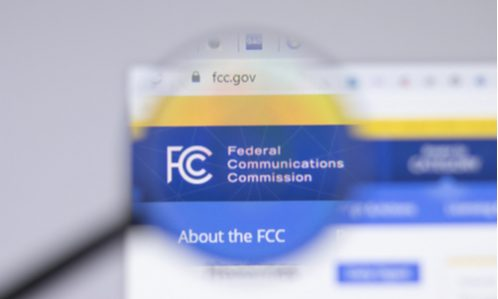
Telecom giants Verizon, AT&T, and T-Mobile are challenging FCC fines for selling user location data, arguing the agency overstepped its authority and that the data falls outside the scope of relevant laws.
Verizon, AT&T, and T-Mobile are pushing back against hefty fines imposed by the Federal Communications Commission (FCC) for selling user location data without proper consent. The companies argue that the FCC lacks the authority to penalize them for these actions.
Key arguments made by the telecom giants:
- FCC overreach: They claim the FCC exceeded its authority in issuing the fines, violating both the Communications Act and their constitutional right to a jury trial.
- Data not covered by the law: They contend that the location data in question doesn't fall under the specific law cited by the FCC, arguing it wasn't collected "solely by virtue" of providing voice services.
- Statute of limitations: Verizon argues that the FCC's focus on the Securus incident, where location data was disclosed to a sheriff without consent, is invalid as it falls outside the statute of limitations.
- Lack of fair notice: Both AT&T and Verizon assert that the FCC didn't provide clear notice that its authority over customer data would extend to the type of location information involved.
A Supreme Court ruling adds fuel to the fire:
The telecom companies are citing a recent Supreme Court decision in Securities and Exchange Commission v. Jarkesy to bolster their case. This ruling affirmed the right to a jury trial when civil penalties are sought, potentially undermining the FCC's ability to impose fines through administrative proceedings.
The FCC's stance:
The FCC maintains that the carriers had fair notice and that the location data falls under its jurisdiction. The agency argues that the companies failed to obtain proper customer consent and took insufficient measures to protect sensitive information.
What's next:
This legal battle is likely to continue as the telecom giants challenge the FCC's fines in different Circuit Courts. The outcome could have significant implications for consumer privacy and the FCC's authority to regulate data protection in the telecommunications industry.